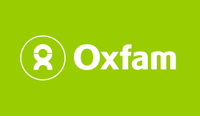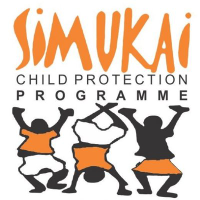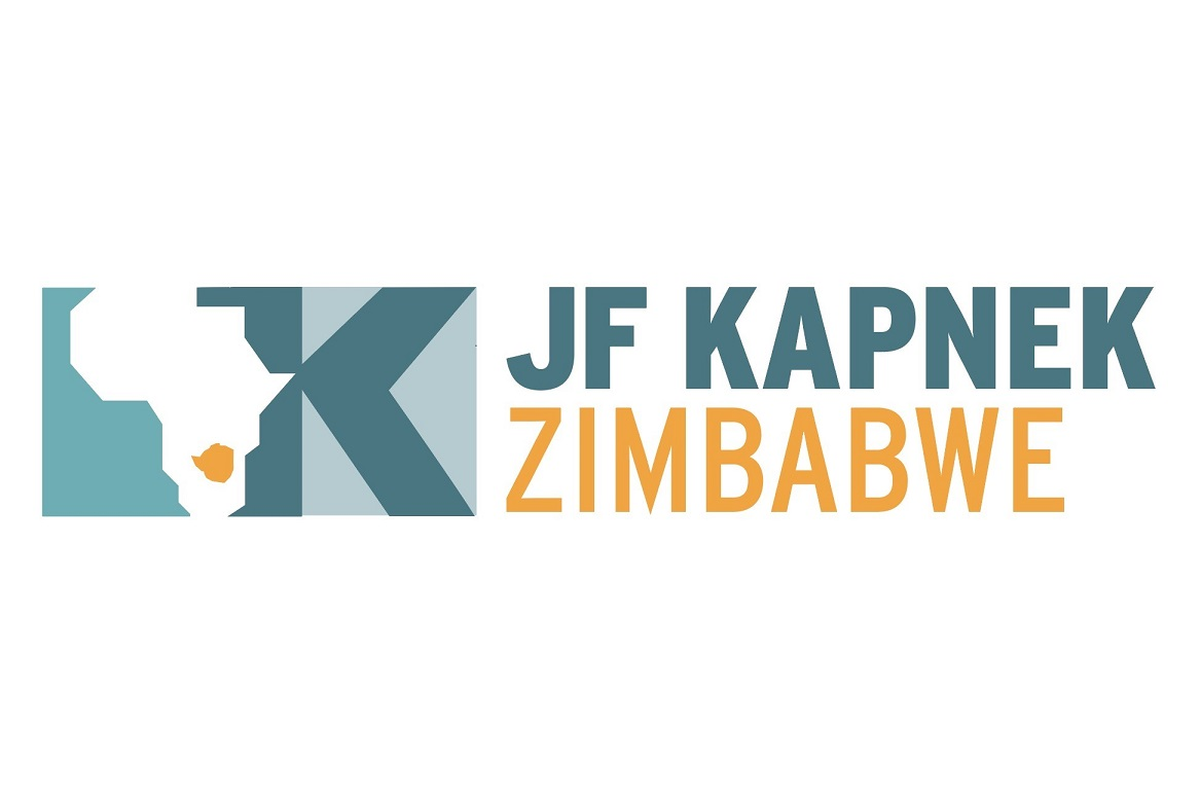Baseline Survey Consultancy Terms of Reference
Job Description
Project Title Community Based Rehabilitation (CBR) Program for the inclusion of children and youths with disabilities (0-25 years) in six selected Districts - Zimbabwe.
Title of the consultancy: To Conduct a Baseline survey for situation analysis of children and youths with disabilities
(0-25 years) and their families in Gweru, Rusape, Mhondoro Ngezi, Highfields, and
Matobo districts.
Background and Philosophy
JF Kapnek Zimbabwe, the Strategic Partner Organization (SPO) for the Lilliane Foundation from the Netherlands, is
implementing a Community Based Rehabilitation (CBR) program across the country through 25 partner organizations (POs).
The program, which was previously focused on child empowerment approach, is now transitioning from the Child Empowerment
approach to a CBR approach.
This Project is directly linked to the CBR pilot project to be implemented in Mhondoro, Gweru, Rusape, Highfields, Chipinge and
Matobo districts for situation analysis of children/youth with disabilities and their families. The Project is built on the specific
needs of children and youths with disabilities (0-25 years), existing community programs targeting children and youths with
disabilities, actors in disability programming in these districts, disability prevalence rate disaggregated by age, sex, types and
the existing capacities of Partner Organizations for JF Kapnek to implement CBR Program in these districts.
This CBR Pilot Project seeks to expand Child empowerment interventions across six administrative districts in Zimbabwe. As
such, this project contributes towards the further implementation and strengthening of the National CBR Guidelines. The six
POs selected for CBR pilot will be coaching and mentoring the new POs. This will help JF Kapnek Zimbabwe and LF to enter a
smooth transition from Child empowerment to CBR as a crosscutting strategic implementation approach.
About the Project
Global objective of the CBR program is to ensure that Children and youths with disabilities (0- 25 years) and their parents are
accepted and recognised as community members with needs and rights to access essential community services, through the
implementation of the National CBR guidelines in 5 selected districts of Zimbabwe.
Specific objectives:
❖ By the end of 2026, negative attitude and stereotypes of community members and influential persons towards children
and youth with disability in the selected 6 districts are reduced resulting in more participation within the community life.
❖ By the end of the project period, quality inclusive services at all levels are strengthened in Mhondoro, Gweru, Rusape,
Highfields, and Matobo districts by ensuring that the interventions provided to children and youth with disability meet
their individual needs.
❖ By the end of 2026, the implementation of the CBR program is effectively coordinated by a multisectoral structure at
the local level and at the national level, in alignment with the National CBR guidelines with clear definition of their roles
& responsibilities.
Target group: The project is targeting all children and youths with disability (0-25 years) both male and females. The project
also targets families of children with disabilities, to make sure children and youths with disabilities are included in community
life. The program also targets the whole community, service providers, organizations for persons with disabilities, civil society
organizations and faith-based organizations, local leaders, and structures at National, Provincial, District, ward, village levels.
Community actors such as: Health Workers, CCWs, CBR field workers and influential people in the community such as
businessmen, priests, bishops, pastors, traditional practitioners/healers etc.
CBR Program will work closely with the existing government structures as at the community level like Community Health
Workers, CBR field workers to volunteer in CBR program activities and play a pivotal role in community-based initiatives aiming
to promote inclusive development. It is projected that the quantified number of beneficiaries and target group will be revealed by this baseline survey findings which will inform our future CBR programming.
Duties and Responsibilities
Justification of the baseline study
To ensure the sustainability and quality CBR implementation in the selected six districts and build on the lessons learned from
the baseline study. These lessons serve as valuable insights that can inform and enhance the effectiveness of future CBR
initiatives in line of national CBR guidelines.
The primary objective of this activity is to capture baseline data. This data serves as the foundation for evidence-based planning,
allowing future CBR interventions to be tailored to the specific needs and challenges of the target communities (Mhondoro,
Gweru, Rusape, Highfields, and Matobo districts). By starting with a clear understanding of the baseline situation, Partner
Organizations and stakeholders can develop strategies that are more likely to succeed and bring about meaningful change.
In addition, practical implementation of the baseline survey will be carried out by a national consultant, building on the
methodology designed and experience gained in CBR pilot programming, with back-up support from JF Kapnek Zimbabwe.
Furthermore, the development and collection of baseline data will be facilitated using contextualized tools and methodologies.
These tools are designed to capture relevant information in a meaningful and culturally sensitive manner, ensuring that the data
collected is accurate, reliable, and reflective of the realities on the ground.
Objective and deliverables of the consultancy
1. The baseline survey aims to capture the baseline data by assessing the level of inclusion of Children and youth with
disabilities and their families of the target communities in Mhondoro, Gweru rural, Rusape, Highfields, and Matobo
districts such as access to services in health, education, livelihood, social inclusion and empowerment.
Specific objectives of the consultancy are the following:
2. Establish the number and types of available community-based services in health, education, social, livelihood and
empowerment domains for children and youths with disabilities in Mhondoro, Gweru rural, Rusape, Highfields, and
Matobo districts.
3. Determine the level of effectiveness of networks of community public and private services which adequately respond
to the needs of children with disabilities and their families. NB: this should inform us about e.g. the size/scope of
existing networks, possible referral networks, complementarity of network partners of each of the Partner
Organization.
4. To determine the level of access of children with disabilities – stratified by type of disability and essential demographic
variables such as age, gender, level of education of parents - to essential (community) services in rehabilitation
(including Assistive Devices), Early Childhood Development services, and education services in these six districts NB:
this should include:
a. Attention for barriers to accessing/utilizing such services.
b. Specify the type of services that are (not) available.
c. The level of participation of children with disabilities in the classroom
d. The level of discrimination/stigma by providers of such (health, social, livelihood, empowerment and
education) services.
5. To determine the level of access of young adults with disabilities to different forms of Vocational Training and
employment opportunities in the six districts (identify barriers from the side of the CWD, family as well as the providers).
This should also be stratified by type of disability and essential demographic variables such as age, gender, level of
education of youths with disabilities.
6. To assess the level of accessibility of child protection, safeguarding mechanisms, and Sexual and Reproductive Health
(SRH) services for young adults with disabilities, aiming to promote the safety and well-being of children and youth with
disabilities across six districts.
7. To assess the level of participation of children and youth with disabilities in recreational or cultural activities in their
communities in the six districts (and identify barriers from the side of the CWD, family as well as the providers) and by
types of disabilities and age, gender, and education level of these youth with disabilities.
8. To determine the level to which the local leaders including church leaders in three selected sectors include families of
children with disabilities in the social- protection and welfare programs.
9. To determine the level of active family engagement in seeking services and support for their children and youth with
disabilities in these six districts.
10. To get an insight into the type and magnitude of negative attitudes/stereotypes and behavior towards children with
disabilities by society at large and more specific influential leaders.
Methodology:
The baseline survey will use a mixture of both qualitative and quantitative methodologies to collect and analyze data.
• When interviewing children/youth with disabilities the enumerators will use proven and appropriate interview methods.
• The consultant will work with CBR field workers, CHWs, CRCs, CCWs as enumerators which will be trained on basic
information related to disability, CBR, and data collection tools and protocols.
• The consultant will create an exhaustive plan for addressing each crucial survey question.
• The consultant will analyze both expected and unexpected outcomes, both positive and negative.
• The consultant will analyze factors, both internal and external, that impact the project's success and the sustainability of its
results.
Qualifications and Experience
Qualifications and Expertise:
• Advanced University degree, preferably in Disability studies, Rehabilitation, Public Health and Development studies.
• Proven experience in conducting baseline evaluations of development projects, especially in the field of disability
inclusion and Rehabilitation.
• Knowledge of the local context and experience working with persons with disabilities and CBR/CBID Program.
• Strong analytical and report writing skills.
• Experience with interviewing vulnerable groups and with using methods appropriate for children and youth with
disabilities.
• Ethical research practices, adherence to child protection and safeguarding principles, including obtaining informed
consent and ensuring data privacy.
Remuneration
The payments will be made upon success
Similar Listings

Baseline Assessment for the project, “Integrated Emergency Response for El Niño Drought Affected Communities in Zimbabwe,
Oxfam — Harare

Terms Of Reference
Oxfam — Harare

Terms Of Reference
Oxfam — Harare

CALL FOR EXPRESSION OF INTEREST FOR CONSULTANCY SERVICES FOR THE DESIGN AND IMPLEMENTATION OF A CAPACITY DEVELOPMENT PROGRAM FOR SIMUKAI CHILD PROTECTION PROGRAMME
Simukai Child Protection Program — Harare

Location: Harare
Company: J.F. Kapnek Zimbabwe
Expiry Date: 2024-09-03 00:00:00
